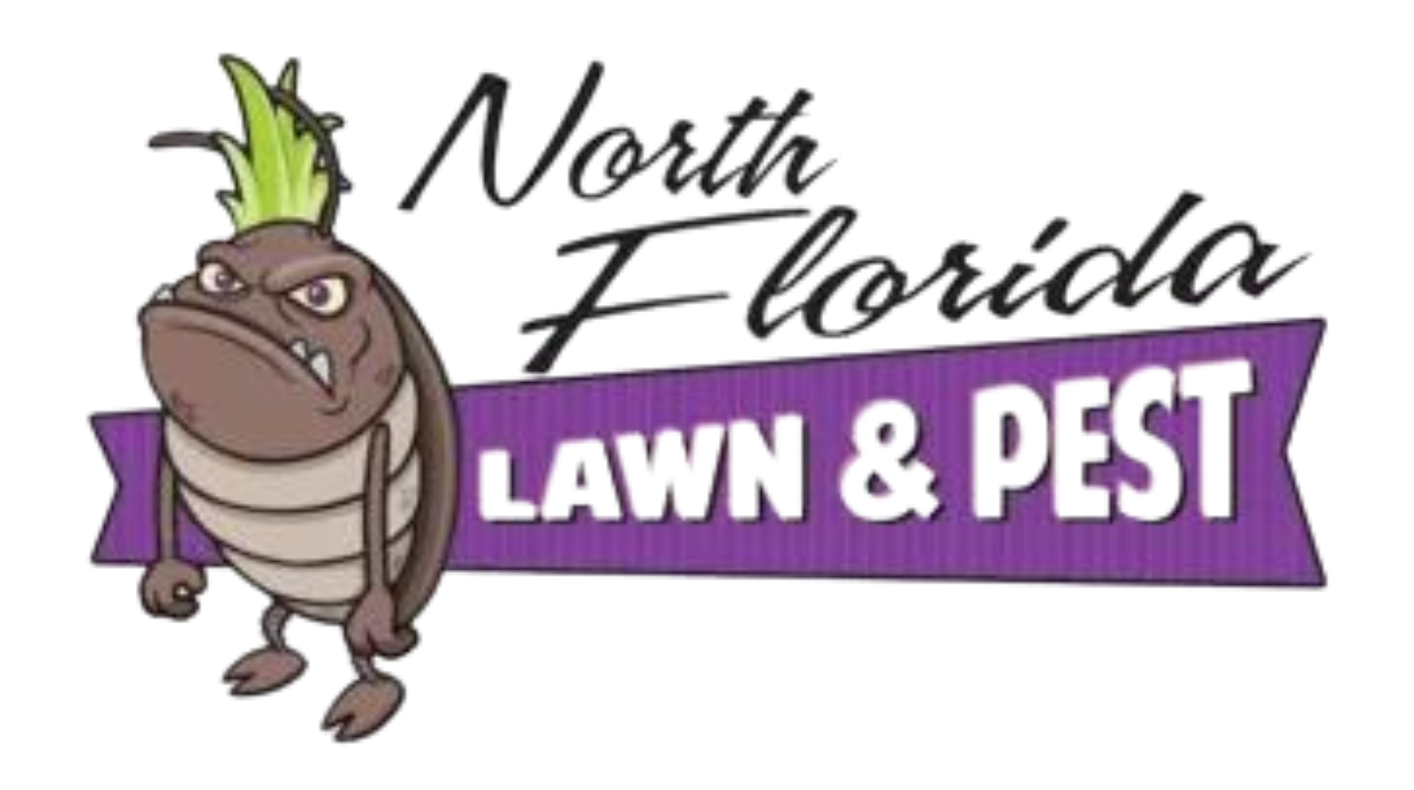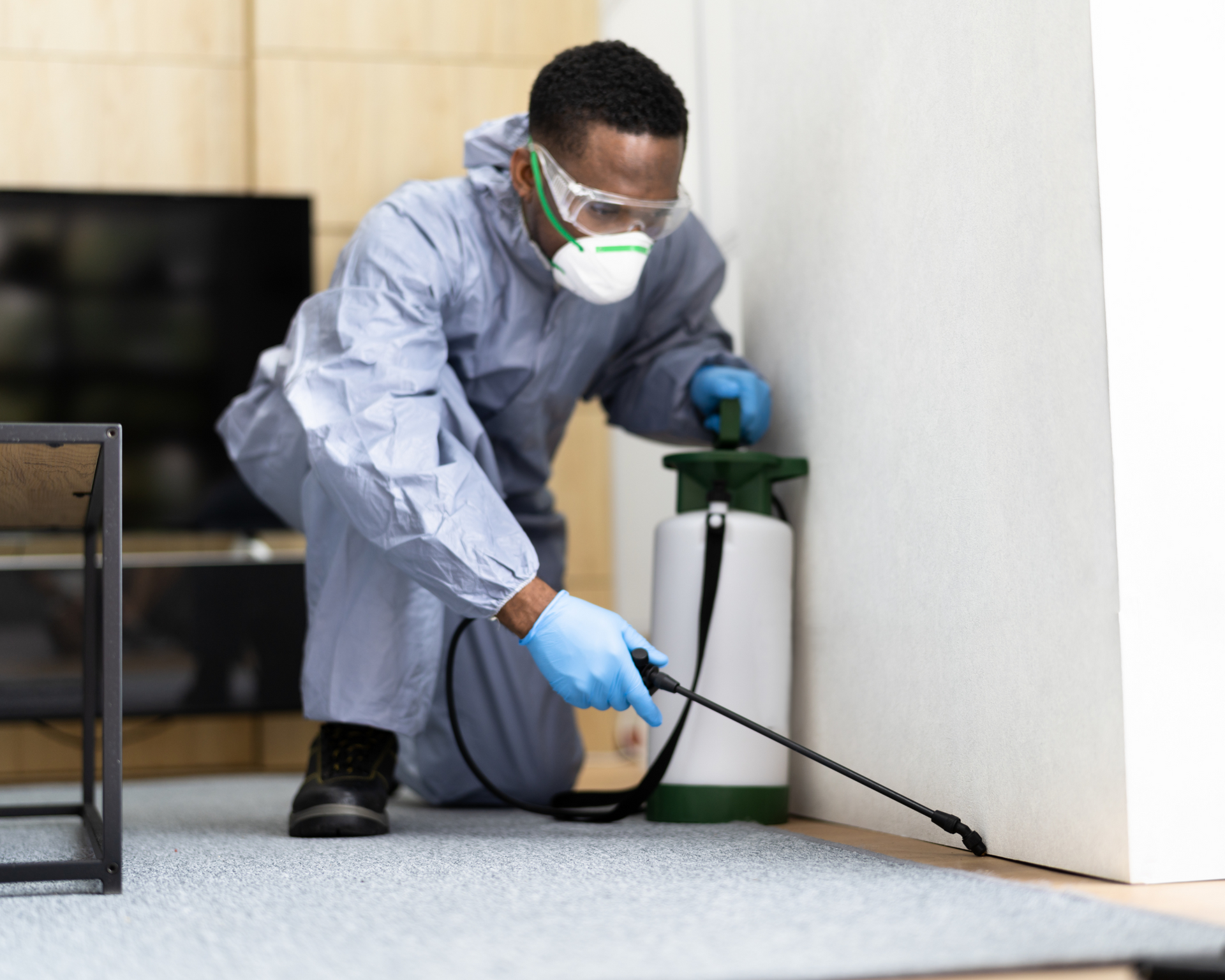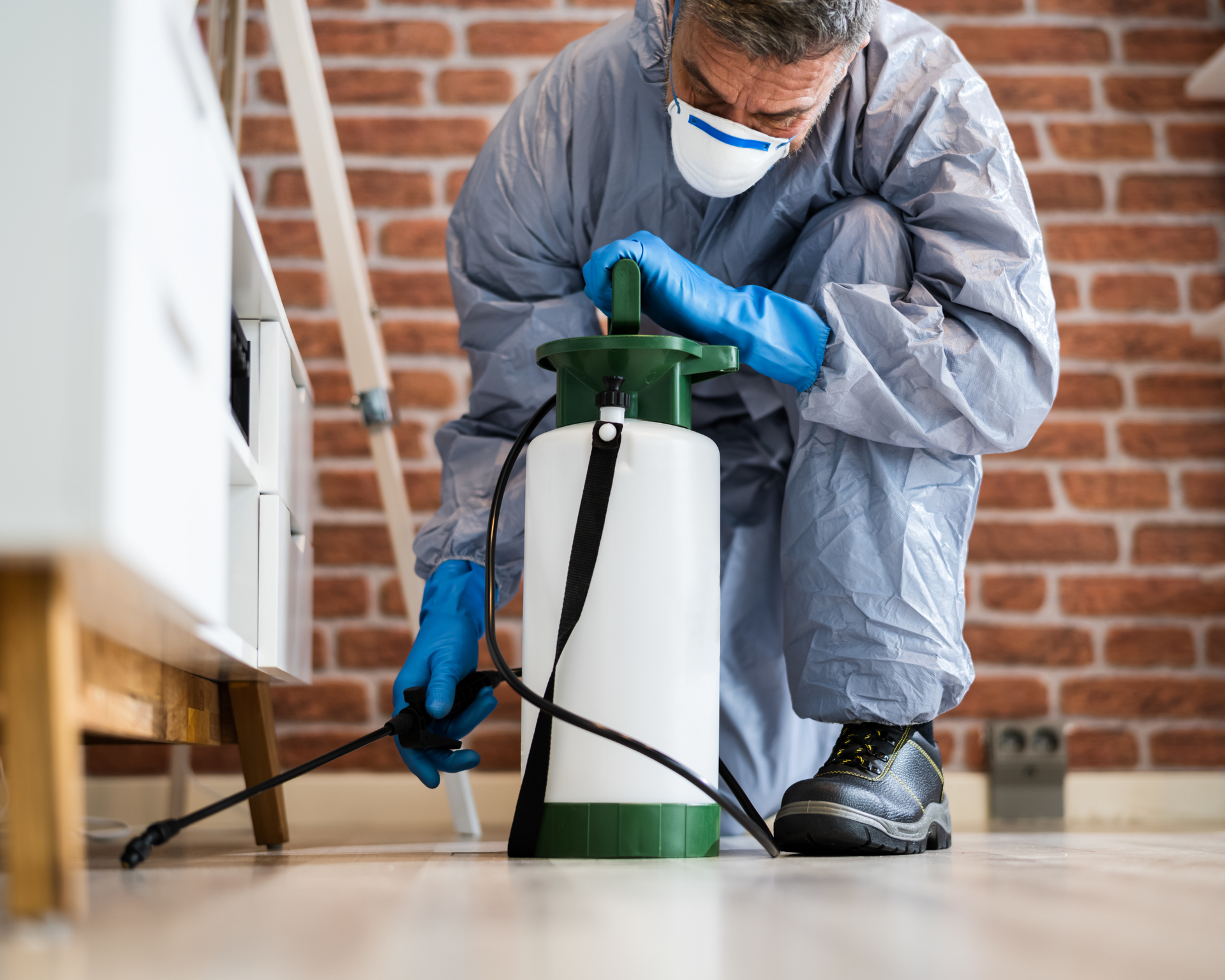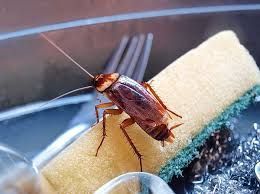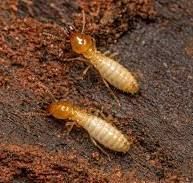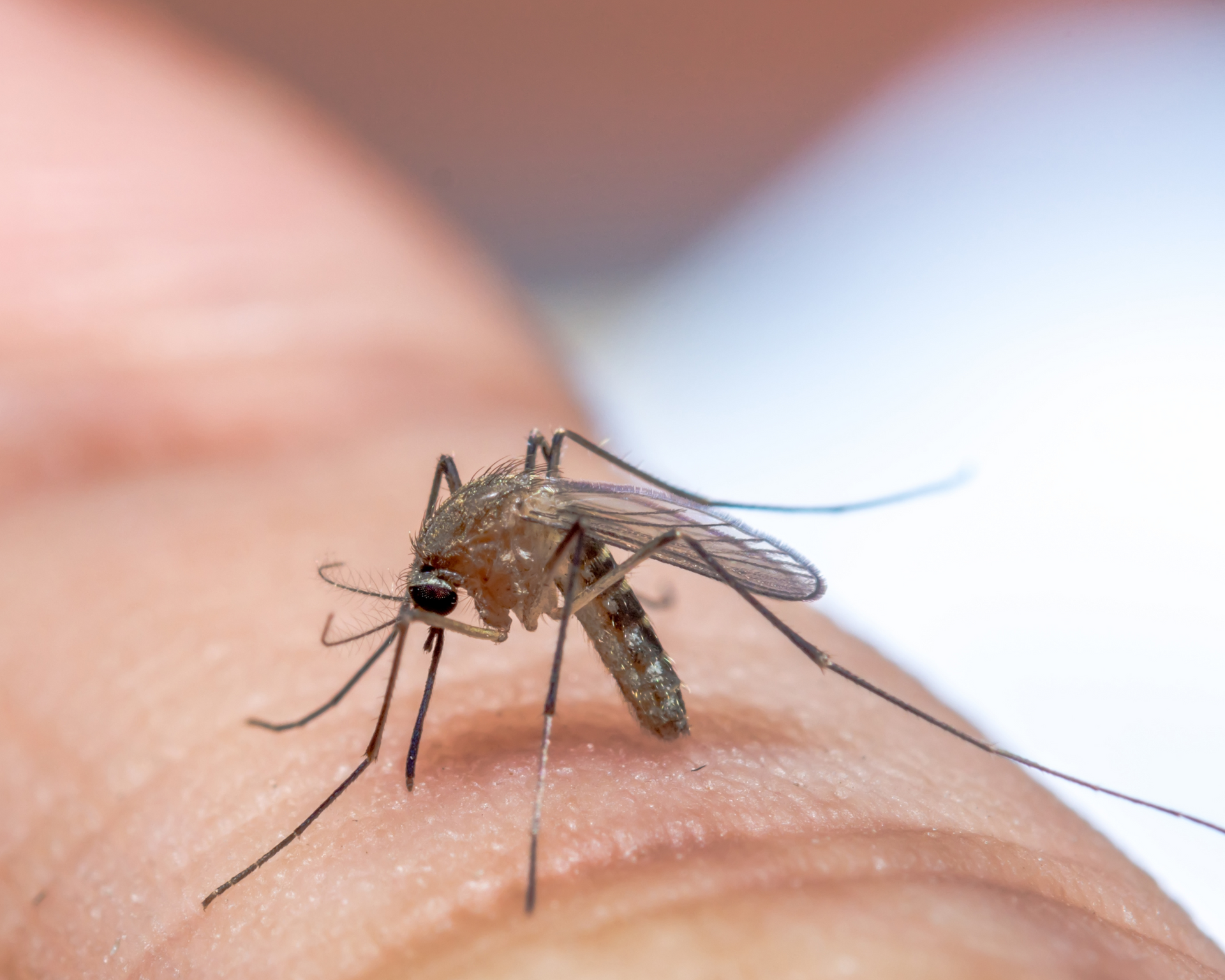What Should You Do if You Find a Wasp Nest on Your Property?
Steps to Take When You Discover Wasp Nest on Your Property
Discovering a wasp nest on your property can be alarming. Wasps are known for their painful stings, and a nest in your yard or near your home can pose a risk to you, your family, and even your pets. However, it’s important to remain calm and take the right steps to handle the situation safely. This guide will walk you through what you should do if you find a wasp nest on your property.
Understand the Risks Before Taking Action
Before you decide how to handle a wasp nest, it’s crucial to understand the potential risks involved. Wasps can become highly aggressive when they feel their nest is threatened, which increases the likelihood of stings. For individuals with allergies to wasp venom, even a single sting can trigger severe reactions, making the situation more dangerous. By understanding these risks, you can better evaluate the safest and most effective approach to addressing the issue.
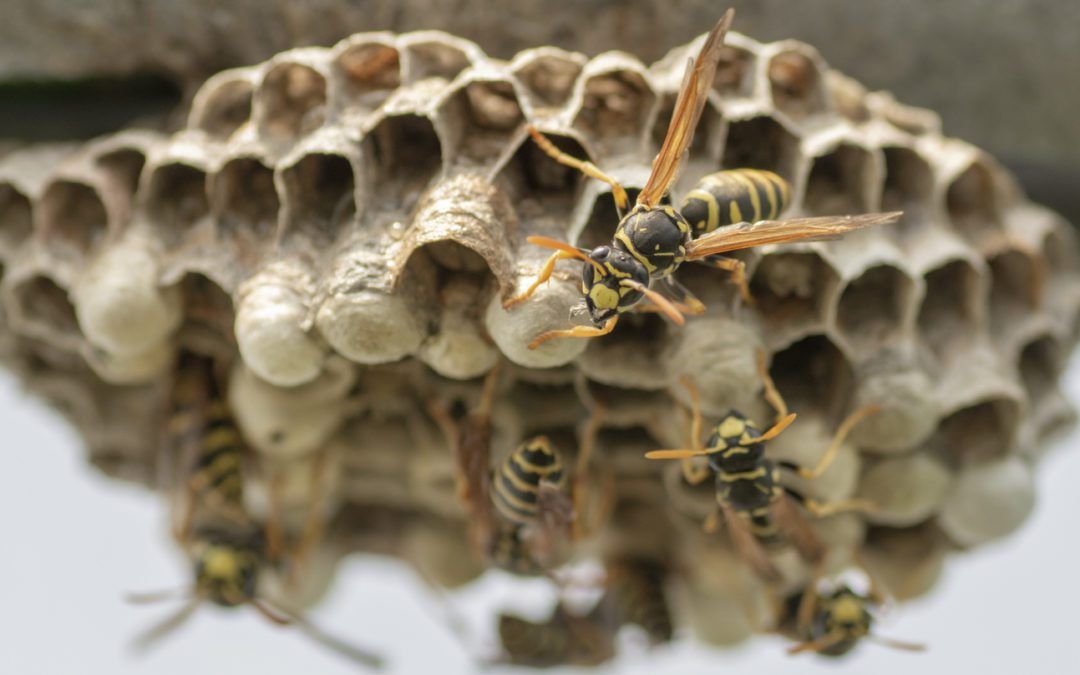
Step 1: Stay Calm and Assess the Situation
The first thing to do when you spot a wasp nest is to stay calm. Wasps are generally not aggressive unless they feel threatened, so avoid sudden movements or loud noises that might provoke them.
Take a moment to observe the nest from a safe distance. Here are some things to note:
- Size and location: Is it a small, newly built nest, or a large one with a lot of activity? Is it near a high-traffic area like a doorway or patio?
- Type of wasps: Different types of wasps build different kinds of nests. For example, paper wasps create umbrella-shaped nests, while hornets often construct enclosed, football-shaped ones.
This initial assessment will help you decide the best course of action.
Step 2: Keep People and Pets Away
Once you’ve identified the nest, make sure to keep everyone in your household, including pets, away from the area. Curious children or pets might unintentionally disturb the wasps, increasing the risk of stings.
If the nest is near a commonly used area, consider blocking access with barriers like a temporary fence or cones to minimize the chance of anyone accidentally getting too close.
Step 3: Decide Whether to Remove or Relocate the Nest
Not all wasp nests need to be removed. If the nest is far from your home and in an area where it doesn’t pose a risk, you might choose to leave it alone. Wasps can be beneficial insects as they help control other pests like flies and caterpillars.
However, if the nest is in a high-traffic area or poses a safety risk, removal is often the best option. Here are a few factors to consider:
- Proximity to your home: Nests near entryways, decks, or children’s play areas are a higher risk.
- Allergies: If anyone in your household is allergic to wasp stings, it’s better to remove the nest to avoid potential health emergencies.
Step 4: Avoid DIY Solutions for Large or Active Nests
While it might be tempting to tackle the problem yourself, attempting to remove a wasp nest without proper training or tools can be dangerous. Sprays, foams, or other DIY products may agitate the wasps and lead to multiple stings.
For small, inactive nests, you might consider handling removal yourself during the evening or early morning when wasps are less active. Always wear protective clothing and follow all safety instructions on the product. For larger nests or active colonies, it’s best to call a professional pest control service.
Step 5: Contact a Professional
If you’re unsure about how to handle the nest or if it’s in a hard-to-reach spot, contacting a professional pest control service is the safest option. Experts have the training, experience, and tools needed to remove the nest effectively and safely.
Professional services also ensure the wasps won’t return to rebuild the nest in the same spot. They may also offer advice on preventing future infestations.
Step 6: Prevent Wasps from Returning
Once the nest is gone, take steps to reduce the chances of wasps returning to your property:
- Seal cracks and holes: Inspect your home’s exterior and seal any gaps where wasps might build nests.
- Reduce food sources: Wasps are attracted to sugary drinks, leftover food, and garbage. Keep trash cans tightly sealed and clean up spills promptly.
- Remove standing water: Wasps need water to survive, so empty birdbaths, pet bowls, and other sources of standing water regularly.
- Maintain your yard: Trim overgrown shrubs and remove debris to minimize potential nesting sites.
Why Acting Quickly Is Important
Leaving a wasp nest unattended can lead to more significant problems down the road. Over time, the colony will grow, and so will the risk to anyone who accidentally disturbs it. Early action ensures your family’s safety and prevents potential damage to your property.
Want To Learn More? Contact Us
Discovering a wasp nest on your property requires immediate attention and a careful approach. Professional wasp control ensures thorough removal, preventing stings and reducing the risk of recurring nests. Experts use specialized tools and techniques to eliminate the nest safely while minimizing harm to your surroundings. Regular inspections and preventive measures can help deter wasps from building nests in the future. If you spot a wasp nest or suspect an infestation, contact us today to protect your home and family from these potentially aggressive pests.
Like this post? Share it here...
